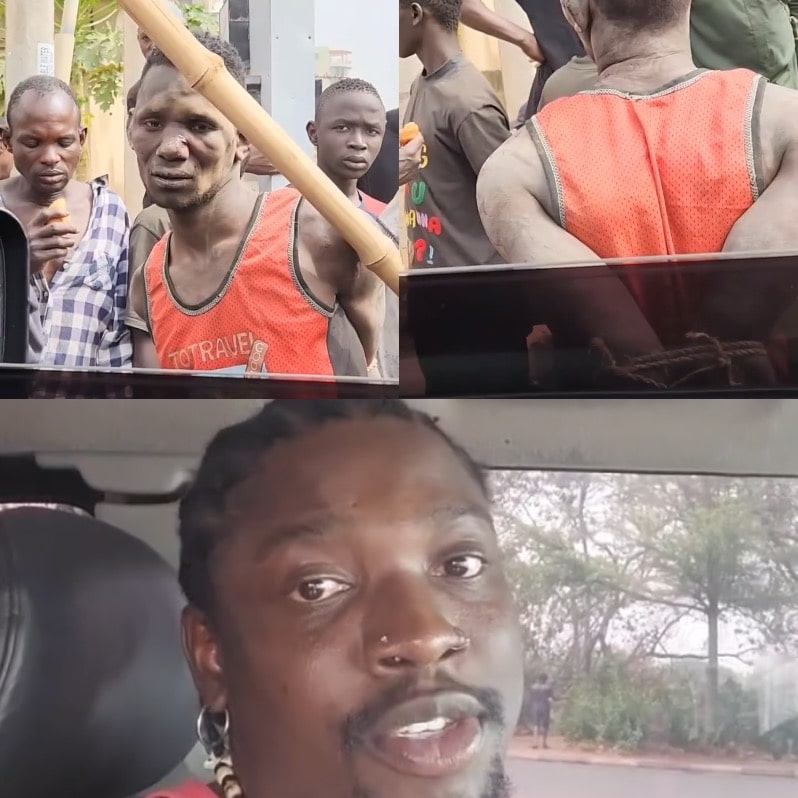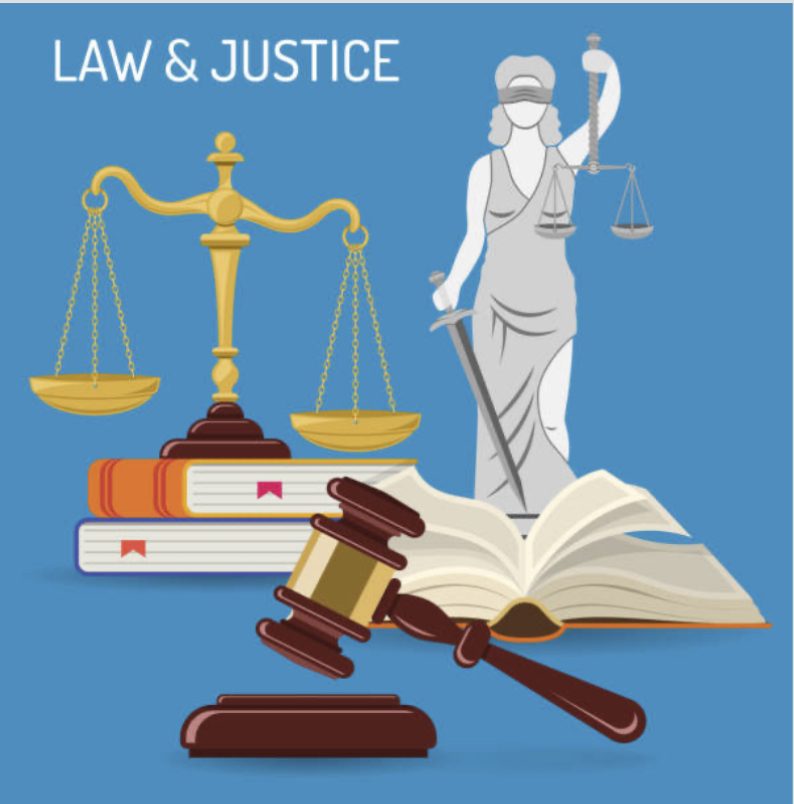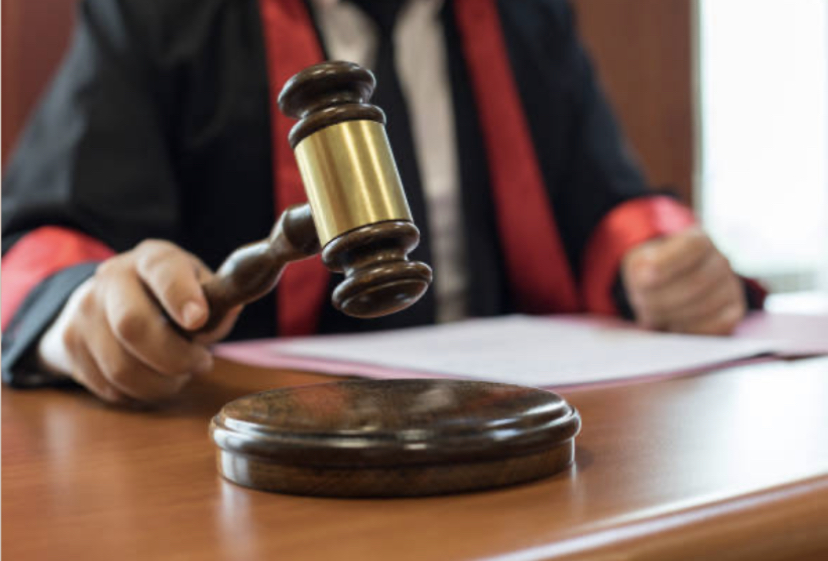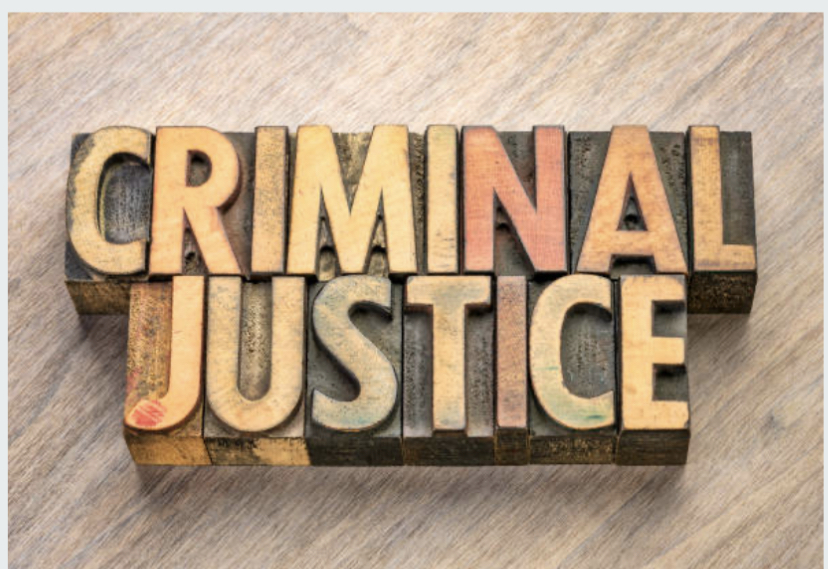Criminal Court and Trial
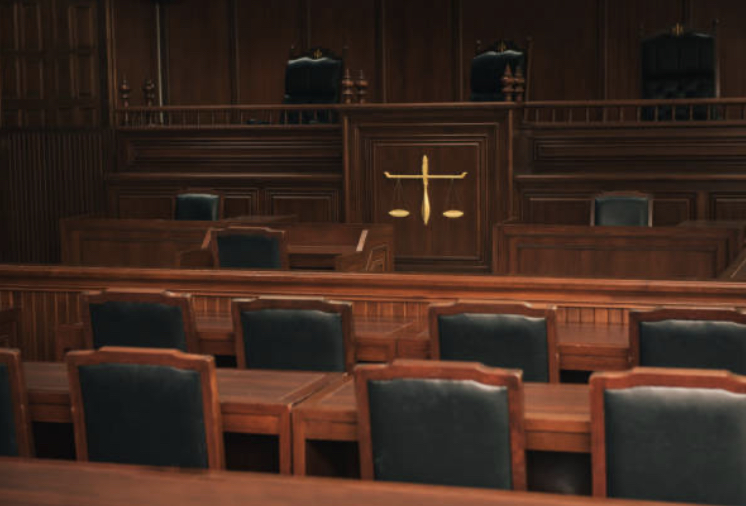

Introduction
In the criminal justice system, the second most prominent component is the criminal court. A court can be defined as an agency set up by the government to define and apply the law, order its enforcement, and dispute settlement between individuals and groups. while criminal court is an aspect of a court that deals with matters involving violation of any criminal laws through trial. In this article, we will delve into the proceedings of criminal trials and actors in criminal court.
Definition
A criminal court is a legal institution responsible for conducting trials and adjudicating cases related to criminal offenses. In criminal courts, individuals accused of committing crimes are brought to trial, and the court determines whether they are guilty or not guilty of the alleged offenses. Criminal courts play a crucial role in the justice system and serve several key functions. The adjudication of cases in which there is reasonable cause to believe that an accused person has violated a specific law is a basic role of criminal courts.
When a crime is committed, formal action must be channeled through the courts. It is only the courts that determine the guilt or innocence of the accused person, and the decisions of the courts have important consequences for the other components of the criminal justice system. The administration of justice revolves around the court system. A person who violates the criminal law is brought before the court and provided with a trial in the court and is followed through with the disposition or judgment made by the court accordingly. Criminal courts have a very important symbolic role.
Courts are impartial to the extent that they allow each side the opportunity to present its case. Courts provide the forum for resolving disputes through the application of the law, although not all disputes are brought before them. In resolving disputes, criminal courts must enjoy judicial independence, be free from outside pressures, and judge their cases objectively, most especially because citizens perceive them as the guarantors of their fundamental rights. A very important characteristic of the courts is the fact that they have asserted the right to be authoritative interpreters of the Constitution.
Difference between Criminal Court and Court in Broader Scope
The word “court” is a broad and general term that refers to any judicial body responsible for hearing and deciding legal cases. On the other hand, a “criminal court” is a specific type of court that deals rigidly with criminal cases. Below are the key differences between a criminal court and a court in a broader sense:
Scope of Cases:
Criminal Court: A criminal court specifically handles criminal cases, which involve alleged violations of criminal laws and regulations. These cases may result in penalties such as fines, probation, imprisonment, or other punitive measures.
Court (In General): The term “court” can encompass a wide range of judicial bodies, including civil courts, family courts, probate courts, administrative courts, and more. These courts handle various types of cases beyond criminal matters, such as civil disputes, family law issues, estate matters, administrative appeals, and more.
Legal Proceedings:
Criminal Court: Criminal courts conduct proceedings related to criminal offenses. This includes arraignments, trials, sentencing hearings, and post-conviction matters.
Court (In General): Courts may conduct a diverse array of legal proceedings depending on their type. For example, civil courts oversee trials and hearings related to contract disputes, personal injury claims, divorce proceedings, and more.
Parties Involved:
Criminal Court: The parties involved in a criminal court case typically include the prosecution (representing the state or government) and the defendant (the accused individual or entity). Victims may also have a role in some proceedings.
Court (In General): Depending on the type of court, the parties involved can vary widely. For example, family courts may involve parties such as divorcing spouses, child custody disputes, and child protective services, and the key actors are regarded as “plaintiff and defendant”.
Outcomes:
Criminal Court: The primary objective of a criminal court is to determine the guilt or innocence of the accused and, if found guilty, impose appropriate criminal penalties such as imprisonment, etc
Court (In General): The outcomes of cases in other types of courts can vary widely. For instance, civil courts may issue judgments, orders, or rulings that address matters such as financial compensation, property division, or child custody arrangements.
Actors in Criminal Court
Criminal courts involve several key actors who play distinct roles in the legal proceedings to reach a decision. These individuals work collectively to ensure the fair and just resolution of criminal cases. Below are the primary actors in a criminal court:
The accused is the center of attraction in the criminal court. He is sandwiched between the prosecutor and the defense in a battle of two differing parties, while the judge, as a neutral arbitrator, focuses his attention on the scores emanating from the battle to take far-reaching decisions likely to have tremendous negative or positive impact on the accused. This is a process in countries where adversary systems are in practice like the USA and England. This system gives room for an important safeguard in the criminal court process because it provides a forum for testing evidence. Both the prosecution and the defense will usually approach the facts from entirely different perspectives and objectives. Again, both the prosecution and the defense are provided with the opportunity to cross-examine witnesses to establish their ” truthfulness, to probe for possible biases, and to test what witnesses know, not what they think they know.”
For the accused to be convicted, it must be proved beyond a reasonable doubt. that he committed the alleged offense. An important constitutional safeguard for the accused is the presumption of innocence until proven guilty. The primary justification for providing constitutional safeguards for accused persons is to ensure that innocent people are not unnecessarily or wrongfully convicted for an offense they never committed. Many countries around the world have stipulated laws protecting an accused person. For example;
Section 33 of the 1979 Constitution of Nigeria covers the right to a fair hearing which also includes the presumption of innocence of every person charged with a criminal offense until proven otherwise by a competent court of law. In the same section, constitutional safeguards have been provided against double jeopardy and retroactive punishment. An additional safeguard provided for the accused in section 32(2) is the right to remain silent until after due consultation with a legal representative.
The judge who is the chief administrative officer of the court is another major actor: he is in charge of proceedings and makes decisions as to all questions of law. The prominence and prestige of the judge are depicted by the fact that “When judges enter a courtroom, everyone rises.
When they speak, others listen. The judge serves as an umpire between the two sides in a conflict. To assist him are the police who are deployed to carry out court-related duties, such as preserving order in the courtroom under the direction of the judge, and also call the court into session, and handling the security and confinement of suspects or prisoners. The police carrying out such functions are often referred to as the bailiff. The court clerk handles the clerical or stenographic duties for the court as he prepares and maintains court records, and also serves as the custodian of fines and filing fees.
The prosecutor institute the criminal action or proceeding by representing the state or government before a competent criminal court to reach a decision on the guilt or innocence of the accused. In many jurisdictions, the police in addition to the investigation of crimes also conduct prosecution in the courts, but normally prosecution should be carried out by a lawyer in the office of the Director of Public Prosecution (DPP). The prosecutor is the most powerful official in the criminal courts, and from the time of arrest to the final disposition of a case, the prosecutor exercises a lot of discretion in determining to a large extent the accused persons to be prosecuted and the severity of the sentence. The prosecutor must have the skills to prepare a case for trial and be able to make tactical decisions for him to win his case.
The defense argues for the legal innocence of the accused. He ensures that the rights of the accused are not tampered with. In the United States, the US Supreme Court extended the right to counsel to include not only defendants charged with felonies but also those accused of minor violations. In The opinion of Justice.
The government hiring lawyers to prosecute and defendants who have the money to hire lawyers to defend are the strongest indications of the widespread belief that lawyers in criminal courts are necessities, not luxuries. For example;
In section 33(6)(c) of the 1979 Nigerian Constitution a provision is also made for the right to legal representation where the accused does not choose to defend himself. The defense must represent his client with all the zeal even if he is convinced that the client is reprehensible and deserves severe punishment.
Criminal Trial
The criminal trial is a legal proceeding during which evidence is presented by defendants and prosecutors, arguments are made, and a verdict is rendered by a judge to determine whether a defendant is guilty or not guilty of a criminal offense. Criminal trials are a fundamental component of the justice system, designed to ensure that individuals accused of committing crimes receive a fair and impartial evaluation of their case.
key aspects of a criminal trial
Charging and Arrest: A criminal trial typically begins with an arrest and the filing of formal charges by the prosecution. The charges, known as the indictment or information, specify the alleged criminal acts committed by the defendant.
Arraignment: The defendant is brought before the court for an arraignment, during which they are informed of the charges against them, advised of their legal rights, and asked to enter a plea (guilty or not guilty).
Pretrial Proceedings: Before the trial begins, both the prosecution and defense engage in pretrial proceedings. This includes the exchange of evidence and other legal motions.
Jury Selection: In cases where a jury trial is requested, a panel of potential jurors is selected, and a jury is chosen through a process known as voir dire. Jurors are expected to be impartial and unbiased.
Opening Statements: The trial starts with opening statements, during which the prosecution and defense attorneys provide an overview of their cases to the jury. They outline the evidence and arguments they plan to present.
Presentation of Evidence: The prosecution presents its case first, offering witnesses, documents, and other evidence that support his case to prove the defendant’s guilt beyond a reasonable doubt. The defense may cross-examine witnesses and challenge the evidence.
Cross-examination: After witnesses testify, the opposing side has the opportunity to cross-examine them to test their credibility and the accuracy of their statements.
Closing Arguments: Attorneys for both sides present closing arguments, summarizing the evidence and persuasively arguing their positions to the jury.
Jury Deliberation: In jurisdictions where there is a jury, the jury deliberates in private to reach a verdict. They must consider the evidence and instructions provided by the judge to determine the defendant’s guilt or innocence.
Verdict: The jury returns with a verdict of “guilty” or “not guilty.” If the defendant is found guilty, the trial proceeds to a sentencing phase, during which the judge determines the appropriate punishment.
Sentencing: If the defendant is convicted, the judge imposes a sentence that is appropriate to the offense, which may include probation, community service, or imprisonment.
Appeals: Both the prosecutor and the defendant have the right to appeal the verdict or sentence if they believe legal errors occurred during the trial.in some jurisdictions appeal must be filed within three months.
Conclusion
In conclusion, while the outcome of a criminal trial can have profound consequences, including sentencing and potential incarceration, it is through this legal process that society seeks to strike a balance between punishment and justice. Criminal courts and trials are a testament to the principles of democracy, justice, and the rule of law that underpin legal systems worldwide. They reflect an ongoing commitment to ensuring that the rights and freedoms of all individuals are protected, even in the face of serious criminal allegations.
